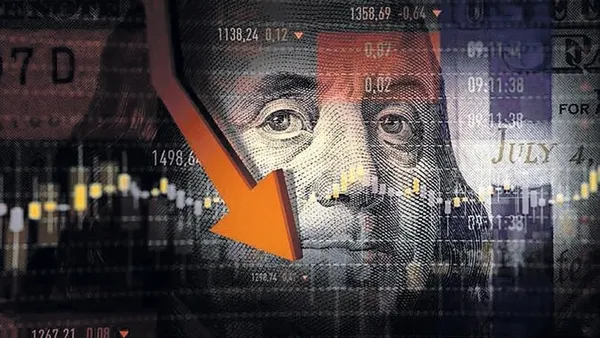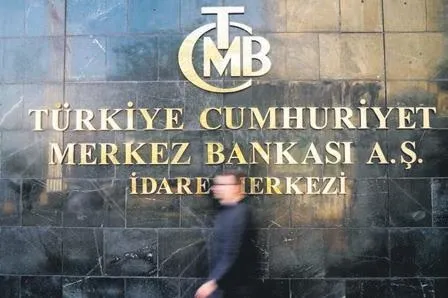Let’s talk about the center’s monetary policy preferences in the fight against inflation, but shouldn’t the highest stimulus in Republic history go to high value-added places? All actors in the economy should take responsibility
The Central Bank of the Republic of Turkey (CBRT) revised its year-end inflation forecast again in its third inflation report of the year. The inflation forecast for the end of 2022 was raised from 42.8 percent to 60.4 percent. We run the risk of ending the year on a higher level. We know that the CBRT has failed to meet its inflation forecasts and targets in recent years. No central bank can do that. It’s also a separate topic. But at this point, the CBRT shows weaker performance compared to the others. In addition to our internal shocks amplifying the impact of external shocks, our structural problems, which we have not been able to solve for years, are causing inflation to rise faster than in other countries.

This is why the CBRT has faced so much criticism. Criticism mainly focuses on the use of macroprudential measures instead of interest rate policy and the stronger priority given to growth in the fight against inflation. Given the level of inflation, it is obvious that monetary policy preferences have issues worth discussing. Could a different set of guidelines have been used? Could the CBRT communications policy have been designed differently? Okay, let’s discuss this, but shouldn’t we also look at other actors in the economy and their responsibilities? Since we have not been a production economy for years, we complain that the share of high-tech products in total exports must not exceed 4 percent. However, in recent years, production and export incentives have been given on a scale and scale unprecedented in the history of our republic. Suppose the bureaucracy made major mistakes in distributing incentives. But couldn’t our real economy use this support more efficiently and increase the share of high-tech exports to at least 6 percent? It is criticized that too many resources are spent on real estate in Turkey. I agree, but the state hasn’t made all of these real estate/construction investments. Most private sector investments. The private sector said we will produce chips, high-precision sensors and hydrogen engines, but didn’t the government support that? Has the private sector tied its hands? If it weren’t for our President’s urging, we would even have missed out on the electric car trend.

The CBRT finances banks from 14 percent. Currency Hedged Deposits (CRM), on the other hand, offer banks the opportunity to collect deposits for at least three months at an interest rate of 17%. Let’s not forget that before KKM, the deposit costs of banks were much higher and the average maturity of deposits was very low. Couldn’t our banks channel this cheap financing into more pro-production, pro-innovation and pro-employment investments? The economy can develop with the contributions of everyone involved. In this way, tasks and responsibilities not only fall to the bureaucracy, but also to large industrialists, SMEs, banks, investment institutions, NGOs and consumers. Unless everyone involved acts with this awareness, we cannot get rid of the middle-income trap.
in the USA recession puzzle
American The economy shrank by 1.6 percent in the first quarter. Growth was also negative in the second quarter. After the growth numbers were released, a debate erupted as to whether or not the US was in a recession. Most economists consider two-quarter contractions to technically be a recession. By this definition, the US is in a “technical” recession. But Treasury Secretary Yellen and Fed Chair Powell reject a recession. Both believe that while there is a slowdown in certain sectors, there is no “real” recession spreading across the economy. They cite the strong labor market as proof of their claims. Looking at past US economic recessions, an average of 240,000 jobs were lost in a quarter. However, in the last quarter, when the economy grew negatively, there were 1.1 million additional jobs. The National Bureau of Economic Research, one of the most respected research organizations in the US, agrees with the economic administration. This institution, known for its data analysis on business cycles and recessions, defines a recession as “a significant decline in economic activity that is spread across the economy and lasts longer than a few months.” This definition seems more plausible to me. If you look at the data, we can’t say that the slowdown in America’s economy is shocking enough to spread to the general public. But that doesn’t mean there isn’t a “real” recession risk. It looks like a recession will eventually be inevitable after the Fed’s hawkish stance. The main issue to be debated in the US over the coming months will be the severity and duration of the recession. If the Fed overdoses on monetary tightening, the depth of the recession could become a headache for low-income households. The term could also oust the Democrats.
#responsibility #business
No comments:
Post a Comment